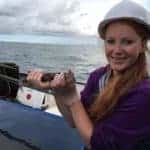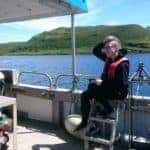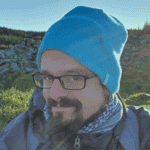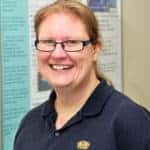Profile
You need to be logged in to see this profile
Ask me a question!
Questions answered by Camilla
-
have you seen ny rare species
-
what is ur fav colour
-
have u got any kids
-
what age did you start to get intrested in science
-
Hello. I was wondering what is the best thing you have seen doing your job.
-
Does work sometimes get on top of your free time?
-
what’s the coolest thing you have done
-
What is the most exciting discovery you have made?
-
What is your favourite animal
-
Have you ever had to pull an all-nighter because of work?
-
What was your dream job when you were a kid
-
what is the coolest marine animal you have seen
-
What do you find most stressful about your job and daily work life?
-
Hello. What is the best thing about your job in your opinion?
-
what is the biggest project you have been a part of / leaded?
-
Who or what was it that made you want to be a scientist and why?
-
Is it fun in the sea
-
What is your favorite country
-
@all did you ever hurt yourself when you did an experiment
-
In your opinion what is the most effective strategies for preserving endangered marine species






